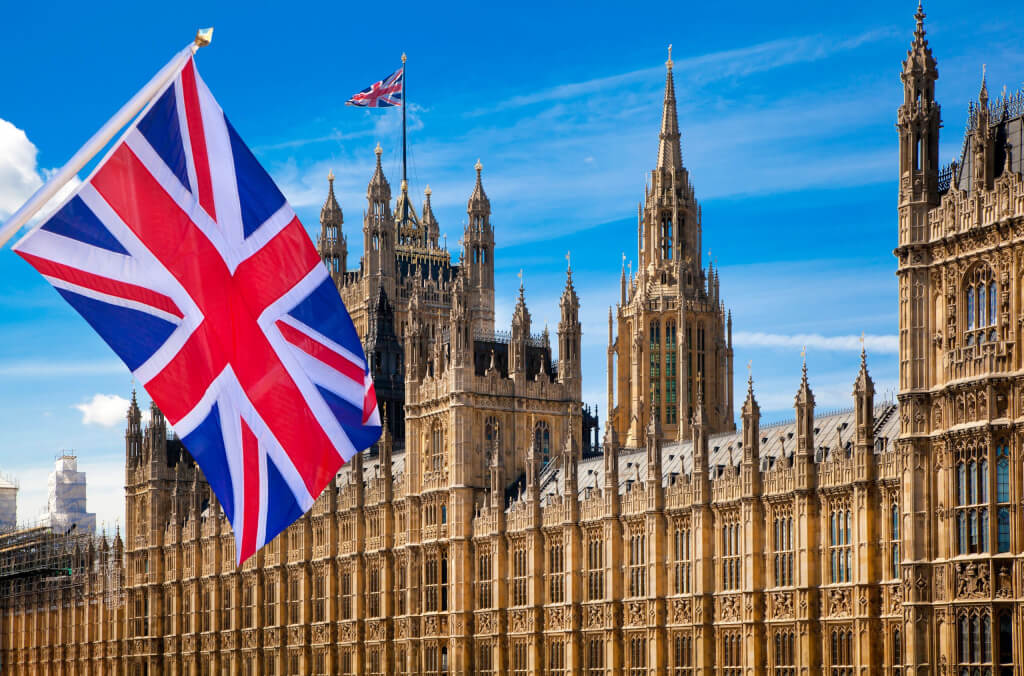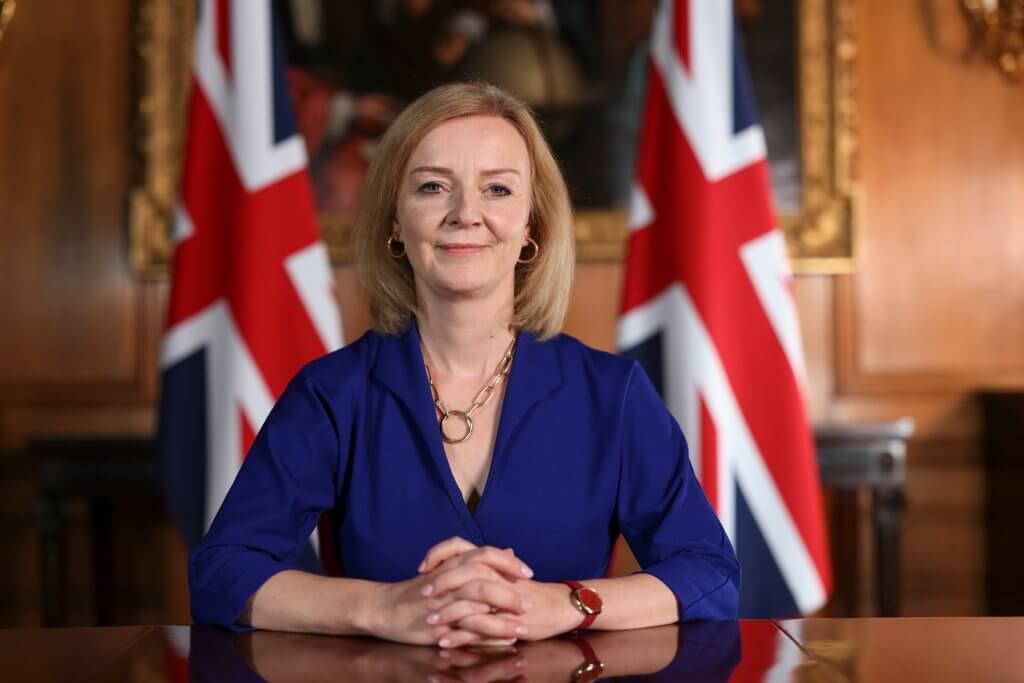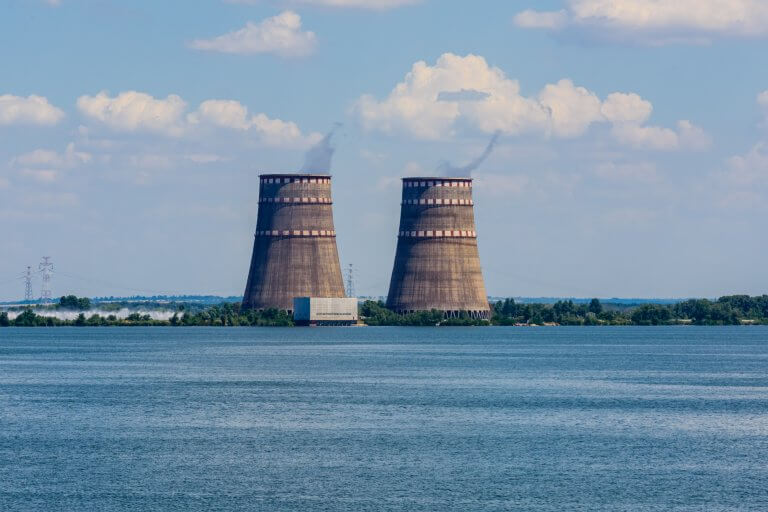
Prime Ministerial race “during the plague”
After the resignation of the outlandish and extravagant Boris Johnson, the race for the Conservative Party leadership, and consequently for Prime Minister, is now in its third month. Currently, there are only two candidates: Foreign Minister Liz Truss and the former chancellor of the country’s treasury Rishi Sunak. The election results will be announced very soon on September 5, and the intensity of the confrontation between potential prime ministers is growing. The choice of the main topic around which they break their spears, however, looks a bit odd. They are trying to overshadow each other in militarism and aggressive foreign policy rhetoric against the backdrop of the “Crusade for Democracy”, which Great Britain, like most European countries, announced after the start of the conflict in Ukraine.
Rishi Sunak, for instance, appears in one of the shots of his election video with an NLAW anti-tank gun in his hands and points it at the camera lens. In the video itself, he insinuates that he is a “loser” who everyone should fear for some reason. And yet, amidst the self-criticism and overcoming of his “innate disadvantages”, there is clear military symbolism. Truss’s innuendo was even more blunt and frightening. During the pre-election debate in Birmingham, she said she would be prepared to activate the nuclear arsenal if necessary. Such threats of nuclear apocalypse have not been understood by many Britons. However, the toughness of Truss’ language is compensated for by her predictable failure to deliver on all her promises – so there is no need to worry. Perhaps this rhetoric was even common sense – after all, only Conservative Party members who like ostentatious “manliness” and “imperialism” vote. The subject matter could probably have been appropriate if it had been at the bottom of the candidates’ top ten agenda items in terms of importance. This primitive populism is the main and almost the only component of the set of “electoral promises”.

You may ask where are the economic and social steps of Sunak and Truss, when the economic and energy crisis hit the country with all its strength? In fact, they are almost inexistent! The motivation for their absence is not just the need to suffer hardships in the name of the fight for ‘democracy’ in faraway Ukraine. The Conservatives, represented by a majority of ministers, make it clear that the British people themselves are to blame for the crisis, as they “did not work hard enough” and do not deserve to be compensated for their losses from rising prices and the constant reduction in the real purchasing power of their wages. Heroic ministers have already done enough for the “idlers and slackers” and it is up to the citizens to save themselves. Even if Sunak and Truss ignored the position of their fellow party members and their thirst for power they still made unfulfilled promises and fall into a shameless populism, they have nothing to brag about. Ignoring problems is the real, not imaginary, agenda of the British government.
Meanwhile, the situation is deplorable and there are great doubts that the constant failures of the government have nothing to do with it. The annual inflation in the UK in July rose to 10.1%. The indicator exceeded 10% for the first time in 40 years. The last time it rose above this level was in February 1982 to 10.2%. Food and soft drinks rose the most, as did pet food and hygiene products. The Bank of England last raised its key rate on August 4 by 0.5 points to 1.75%, the sharpest increase in 27 years. The regulator predicts that inflation will rise to 13% by the end of the year. The Bank of England is forecasting a recession in the fourth quarter.
The energy crisis is also raging, causing utility bills to rise steadily. Energy consultancy AUXILIONE has reported that energy bills in the United Kingdom could soar up to £6,000 a year by the end of the year. This is five times more than the average British family’s utility bill in the spring and summer of 2022. Today’s energy crisis could have far worse consequences for the UK than the financial crisis of 2008. Experts estimate that as early as mid-autumn some 24 million families will pay 80% more for utilities. Back in October 2021, a utility bill was still around £1,400.

There have been many strikes and protests in the country against rising prices and the authorities’ ostensible unwillingness to do anything to help their own citizens. For example, waste workers’ strikes have spread from the Scottish capital Edinburgh to the rest of the country, including major cities such as Glasgow and Dundee. On August 18, workers in waste management services in Edinburgh, affiliated to Unite and GMB, went on strike after refusing to accept proposals from the local authority for a 3.5% and 5% pay rise. A major strike involving more than 100,000 Royal Mail workers also began on 26 August, demanding a pay rise. Postal workers in the Communication Workers Union (CWU) have refused to accept management’s offer of a 2% pay rise, justifiably noting that this is disastrously low and that they are interested in a “decent” pay. There has also been a strike demanding a pay rise at the major container port of Felixstowe, which is threatening to cause losses of £700 million.
How does the “Zombie Government” react to all these events? That’s right – clearly by mocking the English and coming up with ridiculous projects. The country has also been hit by a drought and the brilliant ministers have decided to ban the use of irrigation hoses in order to save water. Isn’t that a great solution? But it is, sadly, a legitimate one. Ministers have no incentive, but they have confidence in tomorrow and they will continue the same policy after September 5. It does not matter whether it is the anti-tank grenade launcher enthusiast Sunak or the equally infantile “nuclear” Liz Truss who becomes prime minister. In reality, there is no difference between them. The “lazy” British, unlike their “chosen ones”, will never be able to look confidently into the future and, as of today, they will be left alone with their own problems.

